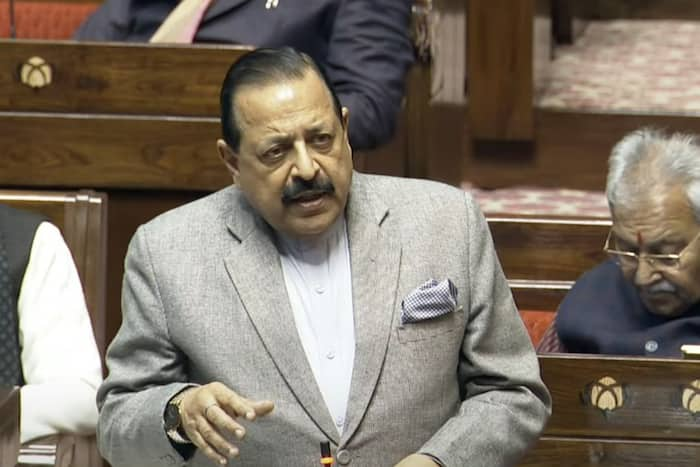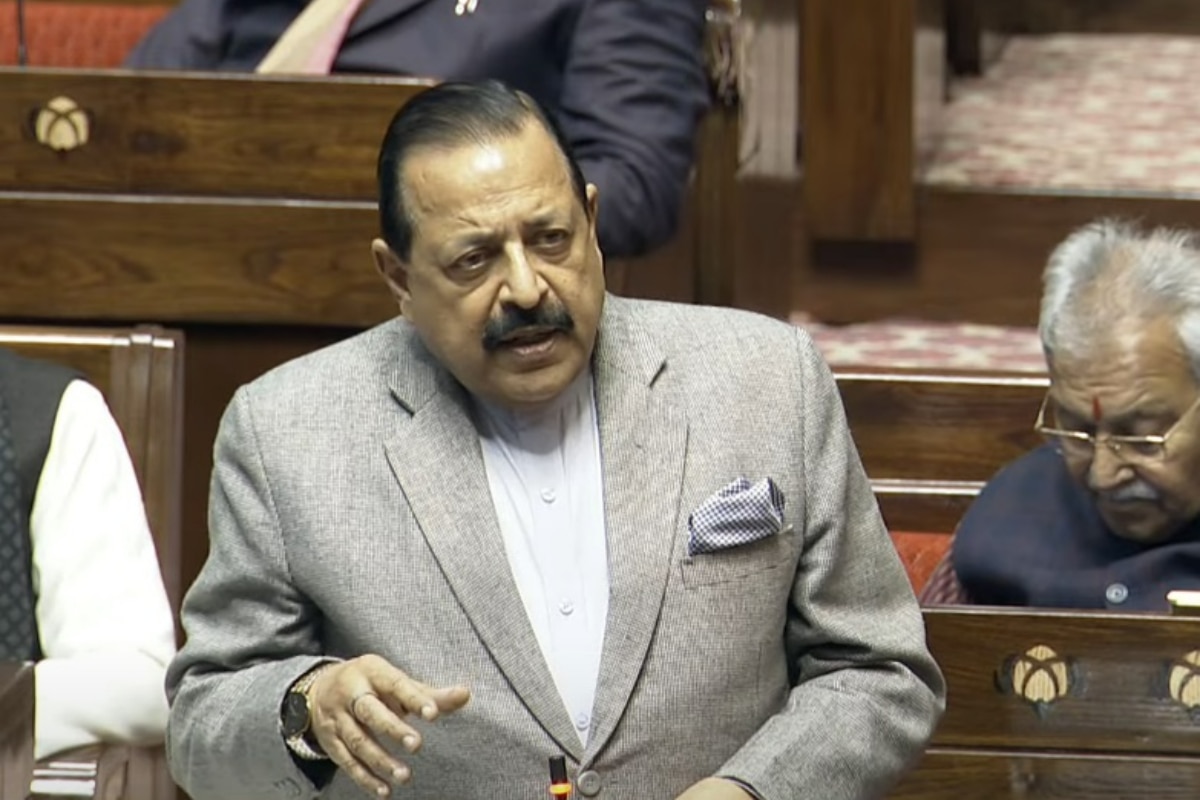The Bill, which has already been passed by the Lok Sabha, will now become a law after the accent followed by the issue of notification.

Recruitment Examinations: The Rajya Sabha on Friday passed “The Public Examinations (Prevention of Unfair Means) Bill, 2024” aimed at curbing leaks, malpractices as well as organised malpractices in recruitment examinations like UPSC, SSC, etc., and entrance tests such as NEET, JEE, and CUET. The Bill, which has already been passed by the Lok Sabha, will now become a law after the accent followed by the issue of notification.
Initiating the debate on the Bill, Union Minister Jitendra Singh said, “The Public Exams Bill, which is possibly the first of its kind in the history of India’s Parliament, is dedicated to the youth of India. We have a stake in the country’s youth, who form the majority 70% of the country’s population. Their contribution is imperative for nation-building over the next two decades in the making of Prime Minister Shri Narendra Modi’s Viksit Bharat.”
“Prevention of Unfair Means Bill, 2024” will also cover entrance examinations held by the Union Public Service Commission, the Staff Selection Commission, the Railways, banking recruitment examinations, and all computer-based examinations conducted by the National Testing Agency.
The Bill has already been passed by the Lok Sabha after an extensive discussion on 6 February.
Stating that the Bill is the first of its kind in the history of the Indian Parliament, Jitendra Singh said this legislation seeks to address a very recent phenomenon affecting the youth.
Participating in the debate, Digvijay Singh of Congress said the Bill deals with a subject in the Concurrent List and called for its extension to states.
Wilson, DMK; Sandeep Kumar Pathak, AAP; Muzibulla Khan, BJD; V. Sivadasan, CPI(M); Amee Yajnik, Congress; Dinesh Sharma, BJP; Sandosh Kumar P., CPI, and Fauzia Khan, NCP also participated in the debate.
He said that transparency and fairness have also been ensured by introducing online exams by UPSC, SSC, and other recruitment agencies and the entire selection process has been reduced from one-to-two years to 6-7 months.
“The level of the merit of the new appointees has gone up. The future of our youth up to 40 years of age, who comprise 70% of our population, is at stake, who are stakeholders in the Viksit Bharat of 2047,” he said.

